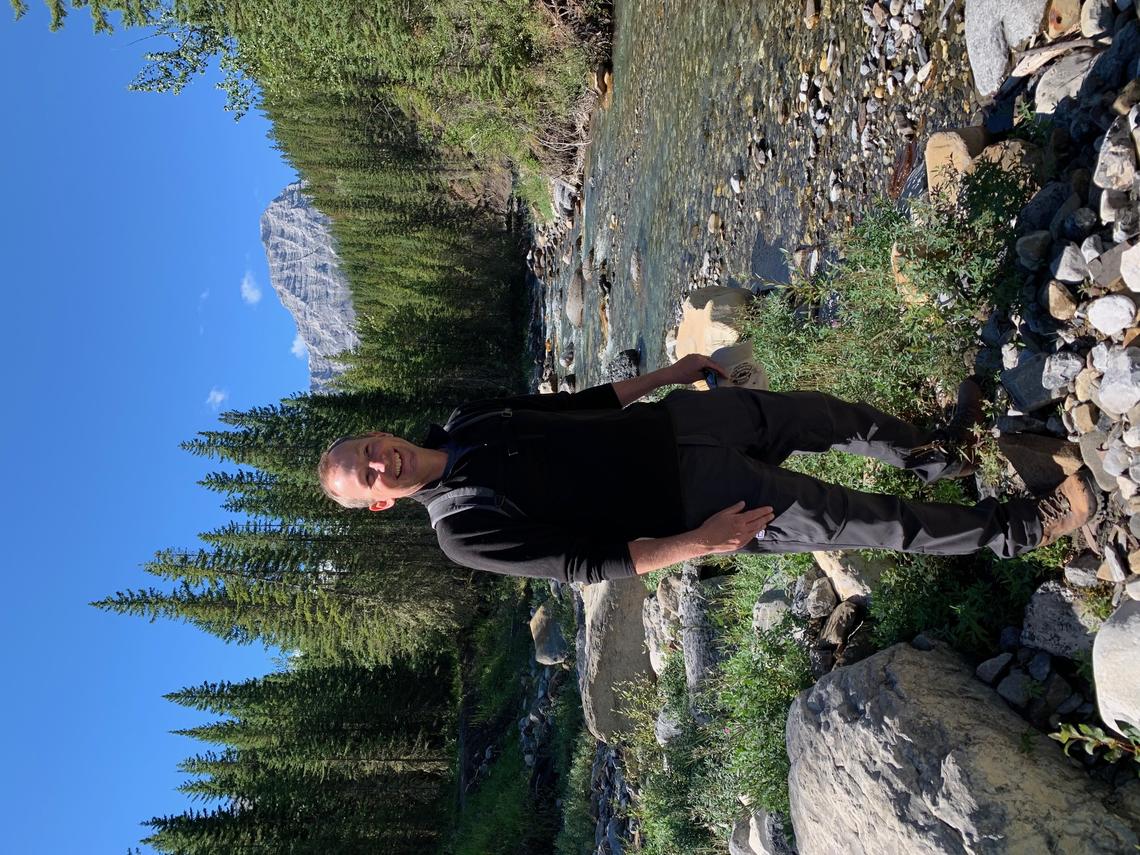March 17, 2021
UCalgary Political Science interviews our colleague and Associate Dean, Internationalization and Global Affairs, Dr. Gavin Cameron

Dr. Gavin Cameron is an Associate Professor in the Department of Political Science at the University of Calgary and Associate Dean, Internationalization and Global Affairs in the Faculty of Arts.
Your work is broadly on terrorism, nonproliferation, and intelligence. How did you become interested in these areas?
Terrorism and counterterrorism (including intelligence) were major issues, growing up in the UK in the 1970s and 80s. It had never occurred to me that one could study terrorism as an academic topic, but I saw a panel discussion on television one evening that included a professor who specialized in the study of terrorism. He was based at the University of St. Andrews and that was a major factor in my choice of graduate programs. I wrote a thesis on nuclear terrorism because “loose nukes” were a major concern following the disintegration of the Soviet Union. My work was focused more on organizational dynamics than WMD, but my teaching interest in arms control and nonproliferation was a natural development of that.
Can you tell us about the research projects you have been thinking about?
The major linking theme for much of my work is exploring aspects of power asymmetry in international politics. Although terrorism is a tactic employed by both the weak and the strong, I have focused on how violence or the threat of violence is used to extract political concessions from a more powerful adversary, and how that adversary is constrained in the usability of their superior power. I am currently thinking about intelligence alliances and how power asymmetry applies within those relationships and within the Canada-US relationship in particular. Finally, I am part of an SSHRC-sponsored workshop project with Drs. Josh Goldstein and Maureen Hiebert to enrich the conceptual literature on genocide and terrorism by examining anomalous cases of violence and applying some different theoretical lenses to the problem.

Apart from your teaching and research, you are also the Associate Dean, Internationalization and Global Affairs in the Faculty of Arts. Can you tell us what a typical week looks like for you?
My role as Associate Dean varies, depending on the time of year. At the moment, I am setting up a new undergraduate embedded certificate in Pluralism and Global Citizenship (students can participate from September 2021). I am also working with Development and a community group to achieve some of the latter’s scholarship objectives through Giving Day in April. Almost everything I do involves working with people within the Faculty of Arts or the wider University to achieve common goals. It is the part of my role that I enjoy the most but it also means that I participate in a lot of meetings!
Finally, people might not know, but you grew up in Scotland and now find yourself in a city named for a place in Scotland. As an ex-pat, what the most Scottish thing about Calgary?
Well, let’s start with the fact that we study and work at a University that has a motto in Scots Gaelic: Mo shùile togam suas (I will lift up mine eyes). That’s more Scottish than anything I encountered growing up in Edinburgh.
Thanks to Dr. Gavin Cameron for sharing with us.
